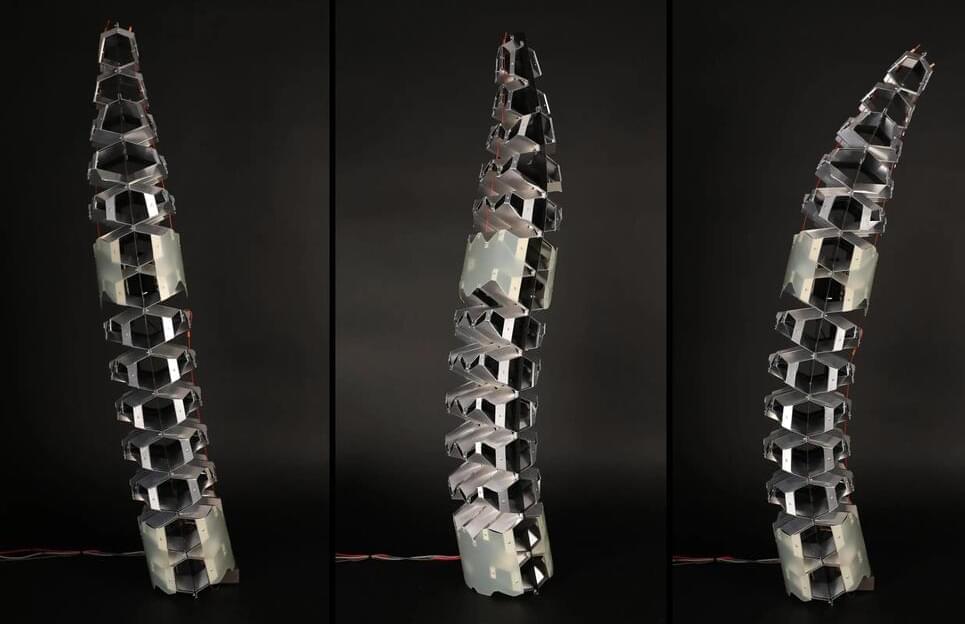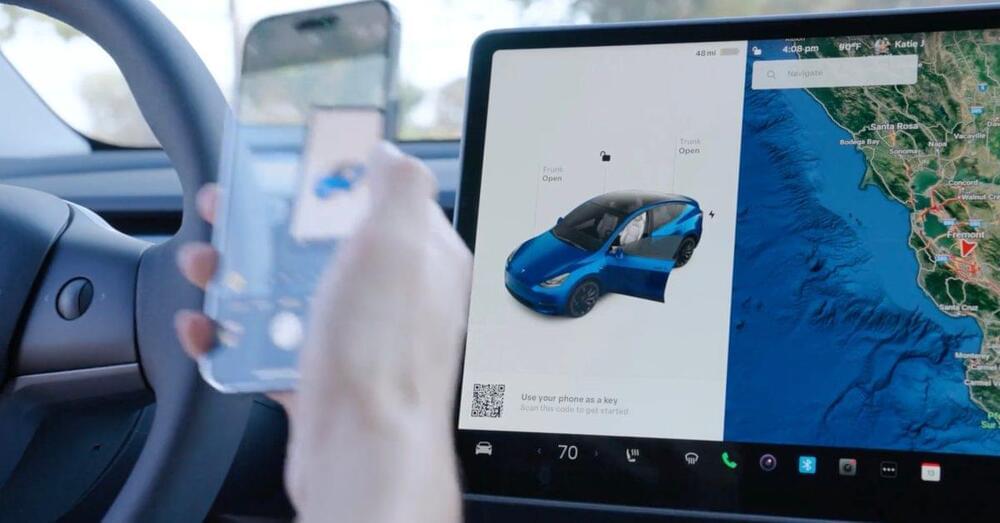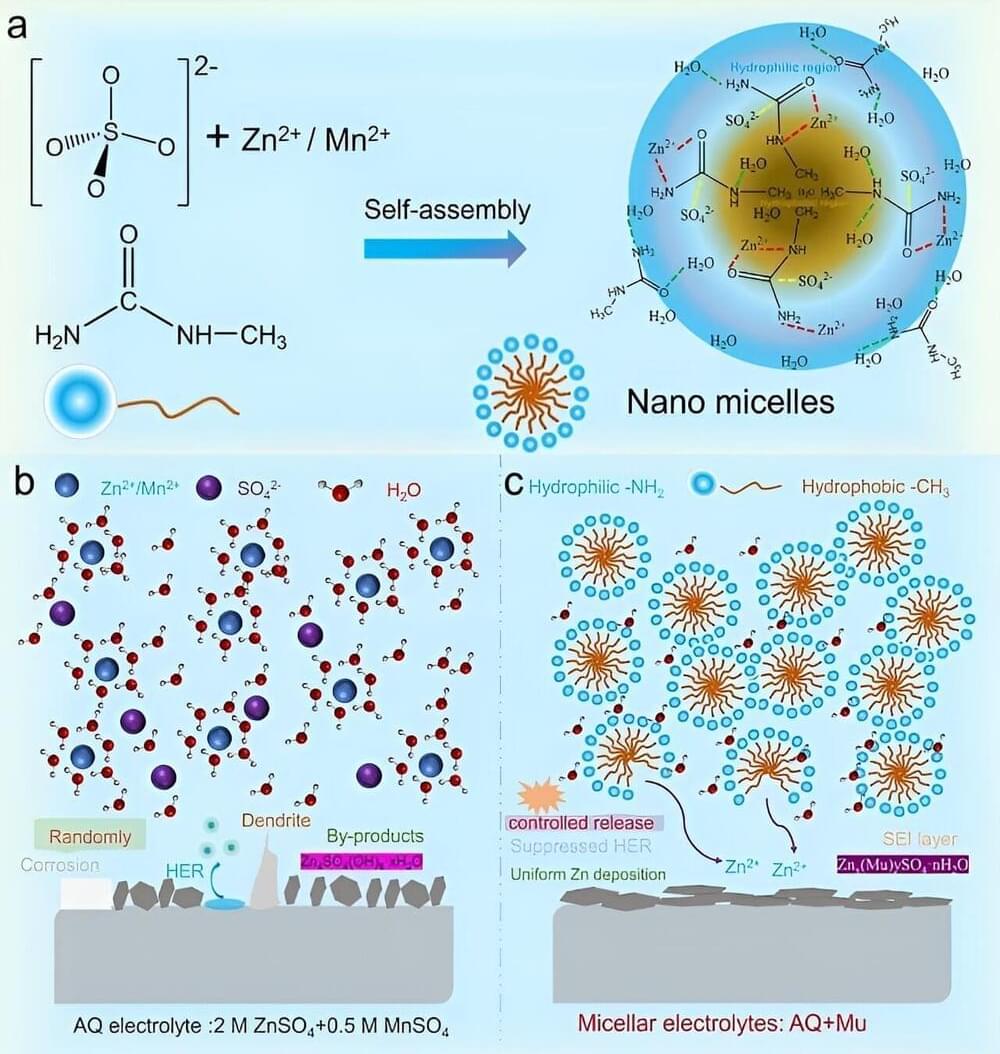In the first and second parts of this series, pv magazine reviewed the productive lifespan of residential solar panels and inverters. Here, we examine home batteries, how well they perform over time, and how long they last.
Residential energy storage has become an increasingly popular feature of home solar. A recent SunPower survey of more than 1,500 households found that about 40% of Americans worry about power outages on a regular basis. Of the survey respondents actively considering solar for their homes, 70% said they planned to include a battery energy storage system.
Besides providing backup power during outages, many batteries are integrated with technology that allows for intelligent scheduling of the import and export of energy. The goal is to maximize the value of the home’s solar system. And, some batteries are optimized to integrate an electric vehicle charger.






